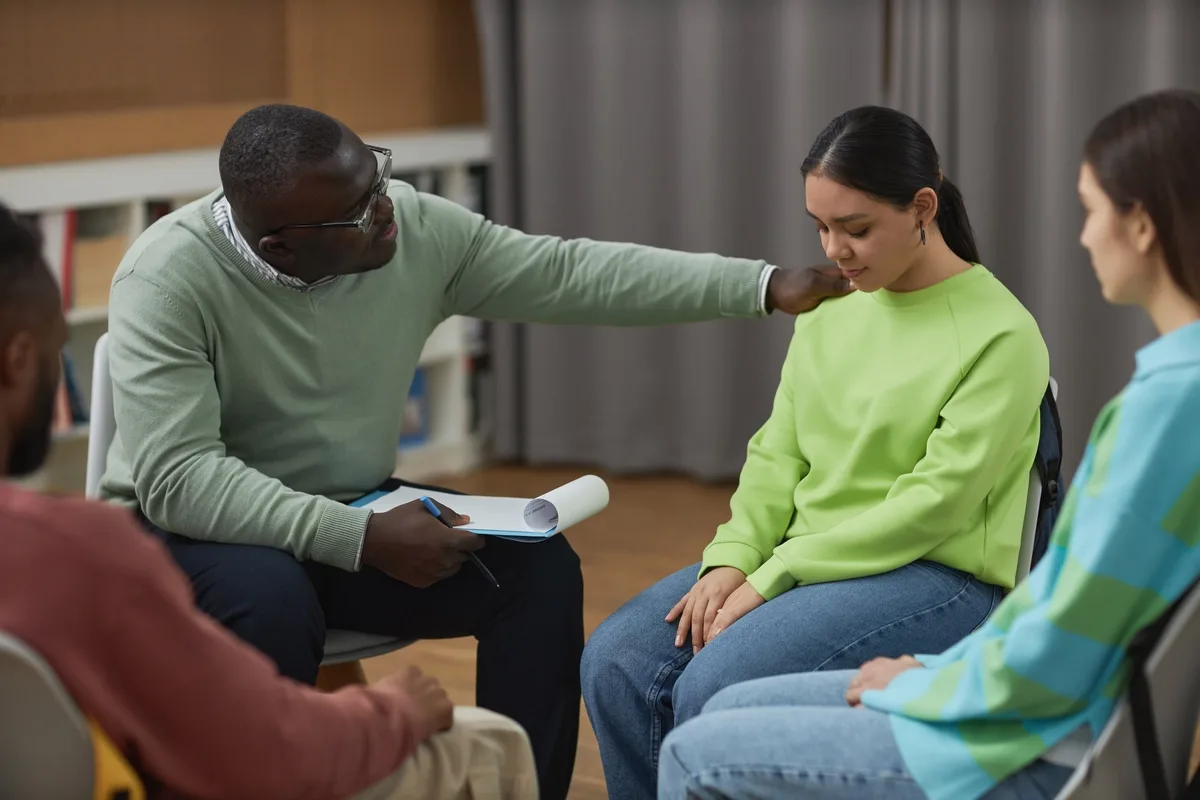24/7 Helpline:
(866) 899-221924/7 Helpline:
(866) 899-2219
Learn more about Substance Abuse Treatment centers in Granada Hills
Substance Abuse Treatment in Other Cities

Other Insurance Options

Absolute Total Care

Choice Care Network

Premera

Evernorth

EmblemHealth

Group Health Incorporated

Aetna

Kaiser Permanente

Oxford

BHS | Behavioral Health Systems

Amerigroup

Health Net

Multiplan

PHCS Network

Carleon

Meritain

AllWell

Lucent

Ceridian

BlueCross

Believe Detox Center
Believe Detox Center is a private rehab located in Granada Hills, California. Believe Detox Center s...















